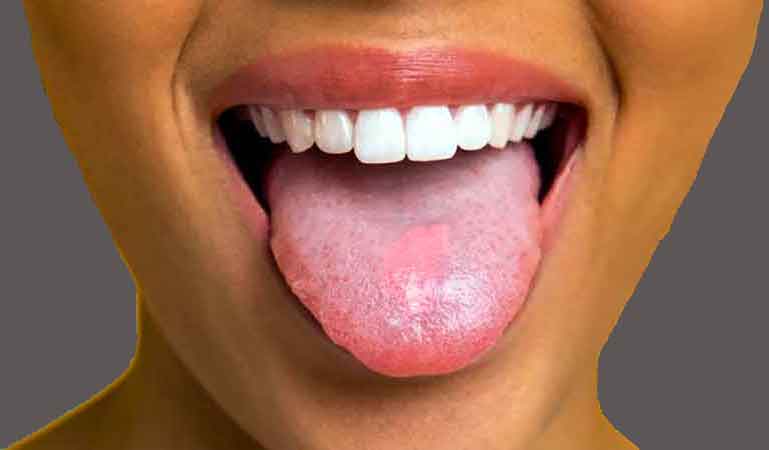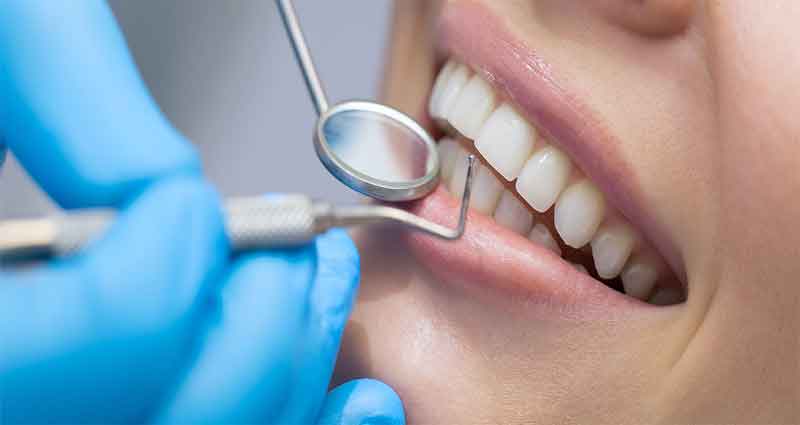
The human tongue is an amazing group of muscles that affect how we eat, speak and taste. It’s also a great indicator of our body's general health. In fact, experienced dentist can often diagnose an individual's physical condition just by looking at a patient's tongue.
The causes of a sore or inflamed tongue may stem from factors such as trauma, dental appliances and contact with irritants, vitamin deficiencies(such as iron deficiency anemia, pernicious anemia, and other B-vitamin deficiencies ), and other medical conditions. Finding the underlying causes of tongue pain is the key to finding a solution to alleviate it. An inflamed tongue can be associated with a disease, disorder, or other condition such as anxiety, depression, hypothyroidism, hormonal changes, immune system alterations, drug reactions, vitamin deficiencies, or, rarely, serious medical conditions.
An overly sensitive tongue might lead to difficulty eating, speaking, or swallowing. In some cases, glossitis may result in severe tongue swelling, which can impede the throat and make it very difficult to breathe. While most causes of tongue pain are temporary and harmless, it’s still extremely difficult to differentiate the causes of a sore or inflamed tongue. Now that you know why your dentist checks your tongue at every visit.
Burning Mouth Syndrome
Burning mouth syndrome (BMS) causes a tingling or burning sensation on the tongue or other areas of the mouth, a dry or sore mouth, or even taste changes. This discomfort may affect the tongue, gums, lips, inside of your cheeks, roof of your mouth (palate), or widespread areas of your whole mouth. Burning mouth syndrome usually appears suddenly, but it can develop gradually over time. BMS occurs mostly in middle-aged or older women, and possible causes include hormonal changes, dry mouth, nutritional deficiencies, fungal infections, and nerve damage. These burning or tingling symptoms may be constant or come and go.
Oral cancer
Oral cancer (mouth cancer) develops when cancer cells begin growing out of control in the mouth, which includes the lips, the inside lining of the lips and cheeks, the teeth, the gums, most of the tongue, the bottom of the mouth, and the bony roof of the mouth, or hard palate. Symptoms of oral cancer are commonly mistaken for other, less serious conditions, such as a toothache or mouth sore however dentists may find some cancers or pre-cancers of the mouth during an exam.
If you're struggling with BMS through any of these symptoms, if your bumps keep recurring or experience patches in your mouth that are red or white in colour, or sores or lumps, especially if they feel hard, Make an appointment with Smile Centre now.
